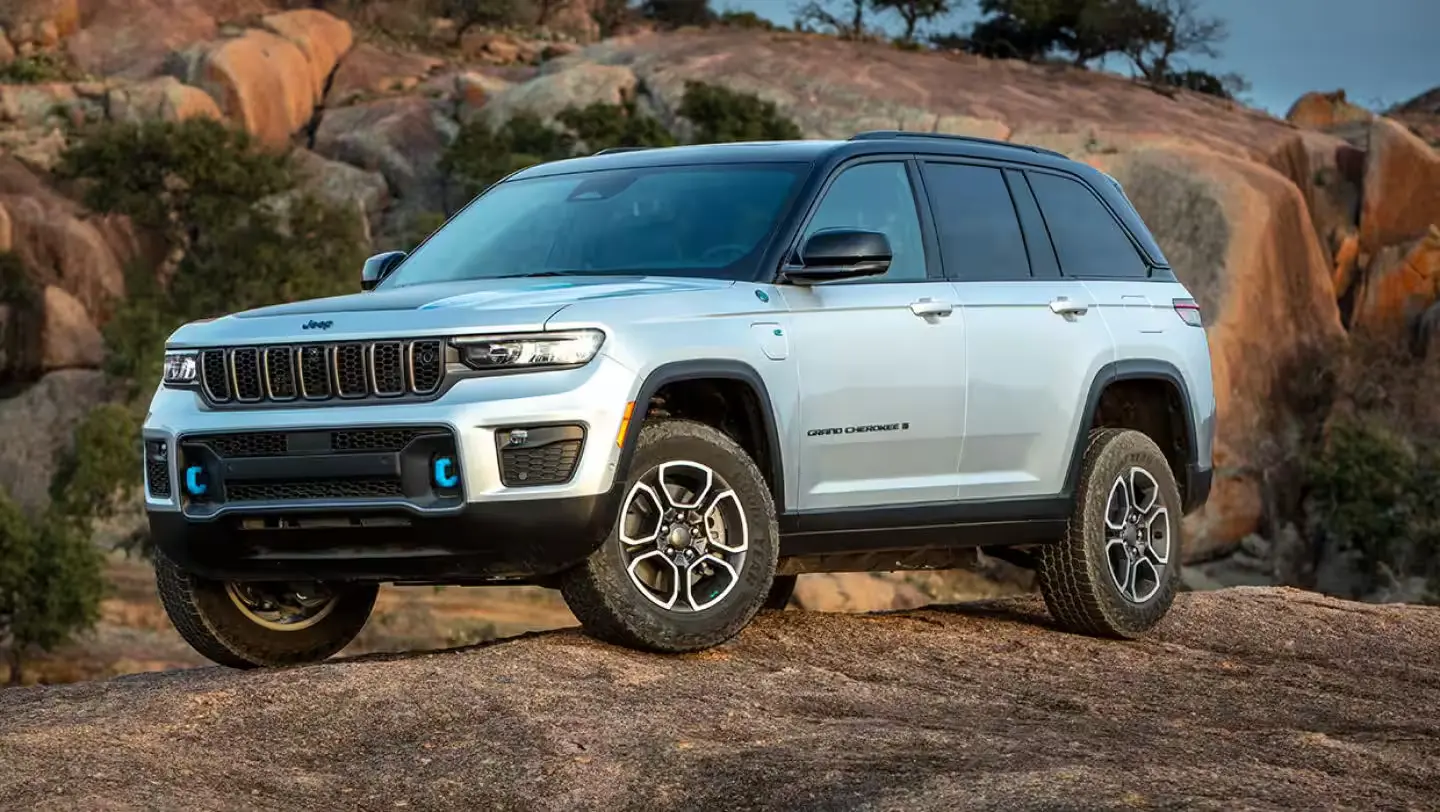Menu
Menu


Updated on Sept 19, 2023 | 6 min read

Connect with 1C for expert advice on EV chargers
With a steadfast eye on a greener future, Jeep is strategically aligning itself with the global shift towards eco-friendly mobility solutions. Embracing electric vehicles is not just a response to industry trends but also a sincere effort to reduce the carbon footprint and mitigate environmental impact, and when giant brands like Jeep enter this industry, it inspires others too. Along with that, the company is strategically positioning India as a global export hub. This underscores the quality of products manufactured in the country and reflects India’s growing prominence in the global automotive industry. Already making strides in international markets, products like the Jeep Compass and Jeep Meridian are testimony to the brand’s global appeal. Jeep’s commitment to establishing India as a key global export hub is further evidenced by the success of these products on the global stage.

Connect with 1C for expert advice on EV chargers
Jeep’s foray into the Indian electric vehicle market represents a significant milestone in the automotive industry. With a focus on localization, sustainability, and aligning with global trends, Jeep is poised to not only leave a green imprint on Indian roads but also establish India as a pivotal player in its long-term global business strategy. As the wheels of progress turn towards a sustainable future, Jeep’s electric journey in India is set to inspire and lead the way for a greener tomorrow.
© 2024 Massive Mobility Private Limited. All rights Reserved